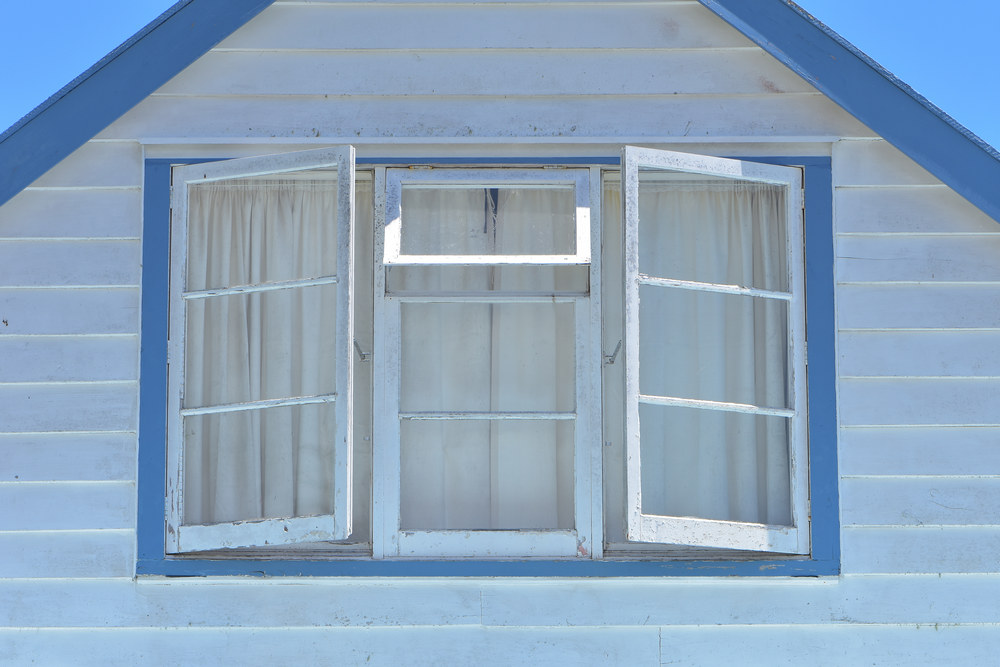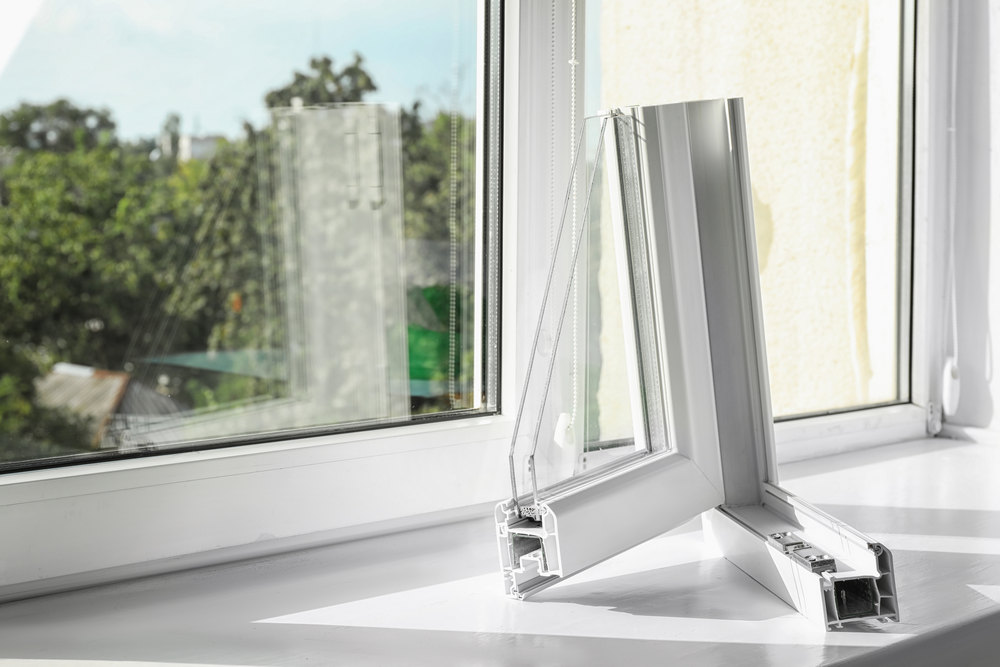
Windows are an integral part of any home’s aesthetic and functional design. While there are numerous factors to consider when selecting new windows, choosing between single-pane and double-pane windows is a major decision. But what exactly is the difference, and how do you decide which is best for you? Let’s delve into this topic and clarify the differences between double-pane and single-pane windows to help you decide.
Double-Pane or Single-Pane: What Are the Differences?
The primary difference between double and single-pane windows is the number of layers each has. Both are available in a wide range of styles and are pretty interchangeable in appearance. There are several key differentiating factors to consider when choosing between the two.
Single-Pane Windows
As the name suggests, single-pane windows consist of a single layer of glass. Here are some characteristics:
1. Cost: Single-pane windows are usually less expensive upfront, making them appealing for budget-conscious homeowners or for use in milder climates where insulation isn’t as critical. The initial purchase and installation costof a single-pane window is about $50 to $75 per window,
2. Efficiency: These windows aren’t as energy-efficient as their double-pane counterparts. They don’t insulate your home as effectively, which could lead to higher heating and cooling costs in the long run. However, if you live in a climate where the outside temperatures are mild, and you tend to leave your windows open throughout much of the year anyway, then the savings on your energy bill won’t be as noticeable with the better insulated double pane option.
3. Insulation: Because single-pane windows only have one layer of glass, they’re not as good as double-pane windows at insulating your home from outside noises and temperatures. If you live somewhere quiet with temperate weather, you may be fine opting to save money with single-pane windows.

Double-Pane Windows
Double-pane, dual-pane, or insulated windows, feature two glass panels separated by a layer of inert gas, such as argon or krypton. This design has several advantages:
1. Efficiency: The primary benefit of double-pane windows is increased energy efficiency. The gas layer provides excellent insulation, reducing heat transfer between the inside and outside of your home. This design can help keep your home warmer in the winter and cooler in the summer, potentially reducing your energy costs.
2. Insulation: Double-pane windows excel at insulating your home from outside noise, making them ideal for homes in noisy urban areas or near highways. They are also great at insulating your home from unwanted temperatures. They do a good job of creating and regulating a comfortable interior by keeping wanted temperatures inside.
3. Durability: While they may require a larger initial investment, double-pane windows often offer better durability and can save you money over time through energy cost reductions.
4. Condensation Control: Double-pane windows reduce condensation build-up, which can be a significant issue with single-pane windows in cold weather.

Replacing Single-Pane Windows with Double-Pane Windows
Double-pane windows are pretty much standard in newer homes. If you’re living in or have recently purchased an older home, there’s a good chance they’re single-pane. You’ll need to decide if single-pane or double-pane windows will be their best replacement option. And while you can add additional insulation to single-pane windows without replacing them, it might reduce your heat gain and loss to some degree, but not as much as double-pane windows would. For that reason alone, investing in double-pane windows is worth it.
So, Which Windows Should You Choose?
The answer to this depends largely on your specific needs and conditions. If initial cost is your primary concern and you live in a mild climate, single-pane windows might be suitable. However, double-pane windows would be the better option if you’re looking for a long-term investment that provides greater energy efficiency, noise reduction, and durability. They’re also an excellent choice for homeowners living in regions with significant temperature fluctuations, as they can help maintain a comfortable indoor environment throughout the year.
Window Replacements with WindowFits
When choosing between single-pane and double-pane windows, it’s essential to consider both the short-term and long-term impacts on your wallet and comfort. While single-pane windows might appeal for their lower initial cost, the numerous advantages of double-pane windows — including superior insulation, noise reduction, and durability — make them a wise investment for most homeowners. If you are still unsure which windows could be best for your home, our WindowFits experts can provide valuable insights and help you make informed decisions about the most suitable windows. Call us at (951) 677-2593 or click here for a FREE quote!
